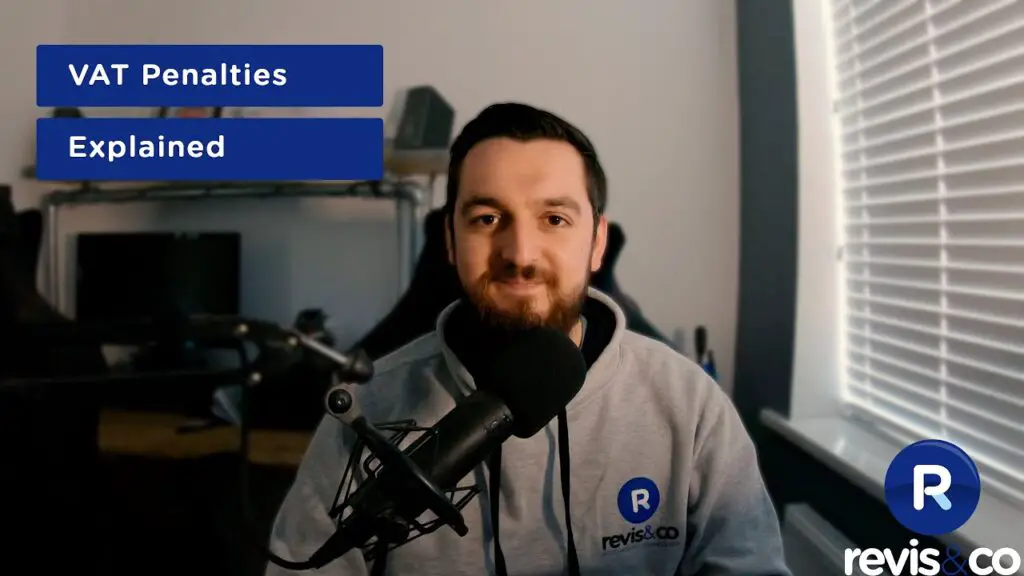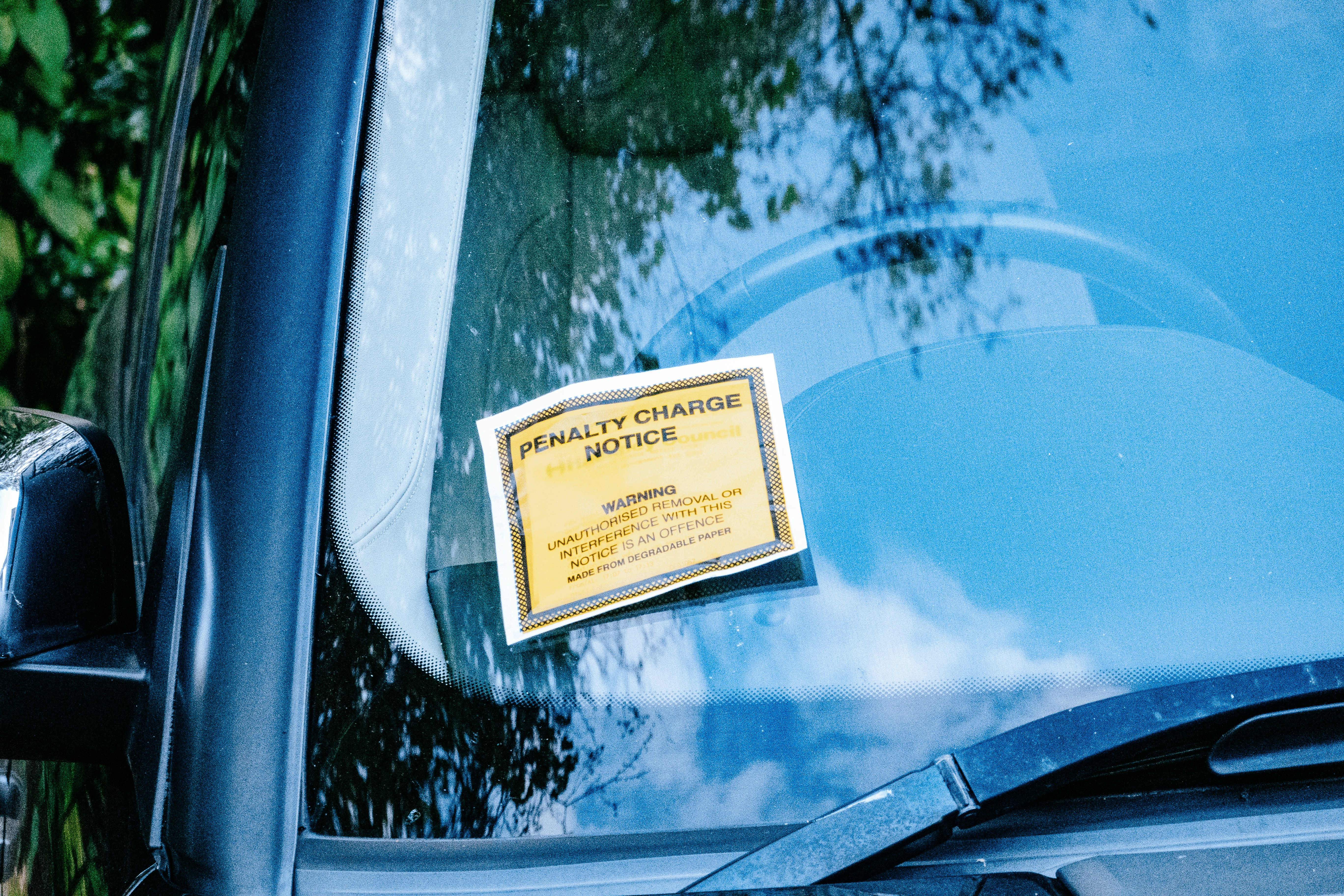Welcome to a brief overview of understanding VAT penalties in the UK. As a business owner, it’s important to be aware of the consequences of not complying with VAT regulations. VAT penalties in the UK can range from late filing fees to penalties for errors on VAT returns. By gaining a better understanding of these penalties, you can ensure that your business stays in good standing with HM Revenue & Customs and avoids any unnecessary financial setbacks. Let’s dive into the details of VAT penalties in the UK to help you navigate the complexities of VAT compliance.
What are VAT Penalties?
VAT penalties are fines imposed by HM Revenue and Customs (HMRC) on businesses that fail to comply with the Value Added Tax (VAT) regulations in the UK. These penalties are meant to ensure that businesses meet their tax obligations and discourage non-compliance.
Types of VAT Penalties
There are several types of VAT penalties that businesses in the UK may face for different infringements. These penalties can vary in severity depending on the nature of the violation. Some common types of VAT penalties include:
- Fixed Penalties: These are fixed amounts that are charged for late submission of VAT returns or payments.
- Percentage Penalties: These penalties are calculated as a percentage of the tax due but not paid on time.
- Default Surcharge: This penalty is applied when businesses repeatedly make errors or fail to submit their VAT returns on time.
- Civil Penalties: Civil penalties are imposed for more serious breaches of VAT regulations, such as deliberate evasion.
Factors Affecting VAT Penalties
Several factors can impact the amount and severity of VAT penalties imposed on businesses in the UK. Understanding these factors can help businesses avoid penalties and ensure compliance with VAT regulations.
Compliance History
The compliance history of a business plays a significant role in determining the severity of VAT penalties. Businesses with a history of non-compliance are more likely to face higher penalties compared to those with a clean record.
Reason for Non-Compliance
The reasons behind non-compliance also influence the penalties imposed by HMRC. Deliberate evasion or fraudulent activities may result in more severe penalties compared to genuine errors or oversights.
Cooperation with HMRC
Businesses that cooperate with HMRC during investigations and audits are more likely to receive leniency in terms of penalties. Cooperation includes providing accurate information and rectifying errors promptly.
Size of the Business
The size of a business can also impact the severity of VAT penalties. Larger businesses with higher turnovers may face higher penalties compared to smaller businesses for similar infringements.
How to Avoid VAT Penalties
To avoid VAT penalties in the UK, businesses must ensure strict compliance with VAT regulations and timely submission of returns and payments. Here are some tips to help you avoid penalties:
Keep Accurate Records
Maintaining accurate records of your business transactions is essential for VAT compliance. Make sure to record all sales and purchases, keep invoices and receipts, and reconcile your accounts regularly.
Submit Returns on Time
Timely submission of VAT returns is crucial to avoid penalties. Make sure to submit your returns by the deadlines set by HMRC and pay any VAT due on time to prevent late payment penalties.
Seek Professional Advice
If you’re unsure about VAT regulations or need help with compliance, consider seeking advice from a tax professional or accountant. They can help you navigate the complexities of VAT and ensure your business remains compliant.
Attend HMRC Workshops
HMRC regularly hosts workshops and webinars to educate businesses on VAT regulations and compliance. Attending these sessions can help you stay informed about any changes in VAT rules and regulations.
Appealing VAT Penalties
In some cases, businesses may have grounds to appeal against VAT penalties imposed by HMRC. It’s essential to understand the appeal process and know your rights when challenging penalties.
Grounds for Appeal
Businesses can appeal against VAT penalties if they believe the penalties are unjust or based on incorrect information. Common grounds for appeal include:
- Errors in calculation
- Misinterpretation of the law
- Mitigating circumstances
Making an Appeal
To appeal against a VAT penalty, businesses must follow the procedures outlined by HMRC. This typically involves submitting a formal appeal letter with supporting evidence to justify your case.
Seeking Professional Help
If you’re considering appealing against a VAT penalty, you may want to seek assistance from a tax advisor or accountant. They can help you navigate the appeals process and increase your chances of a successful outcome.
Conclusion
Understanding VAT penalties in the UK is crucial for businesses to ensure compliance with VAT regulations and avoid financial penalties. By staying informed about the types of penalties, factors affecting penalties, and how to avoid and appeal against them, businesses can navigate the complexities of VAT more effectively. Remember, timely submission of returns, accurate record-keeping, and seeking professional advice are key to staying compliant and avoiding VAT penalties.


